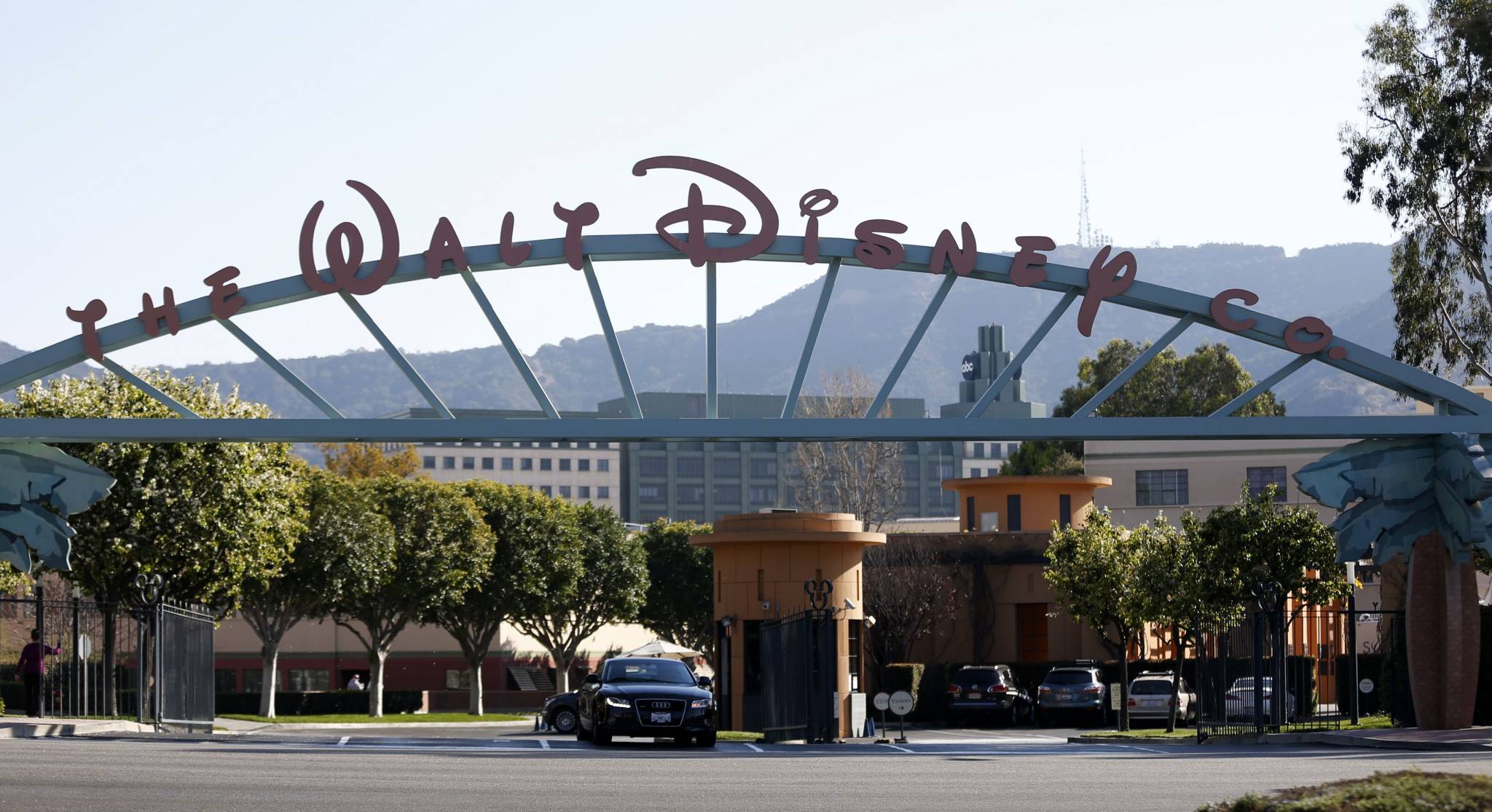Market Outlook Hinges on Europe
by Bob Doll, Chief Equity Strategist, Fundamental Equities, BlackRock
September 26, 2011

Volatility Remains the Norm
Stocks endured another highly volatile week and gave up slightly more than what they gained the previous week. For the week, the Dow Jones Industrial Average lost 6.4% to 10,771, the S&P 500 Index declined 6.5% to 1,136 and the Nasdaq Composite fell 5.3% to 2,483. With risk aversion and volatility intensifying, higher risk areas of the market (including cyclical sectors, small caps and emerging markets stocks) were hit the hardest.
Economy Should Muddle Through
It looks to us as if stocks are now pricing in a greater-than-50% chance that the United States enters into a recession. The economic data has been inconsistent at best. The labor market has certainly taken a turn for the worse in recent months and housing remains a source of weakness. While there is no real evidence that the housing market has started to recover, we do think that it is in the process of finding some sort of floor. In contrast, the corporate sector as a whole has been a source of strength and there have been some other flickers of good news lately, including some improved retail sales reports and an increase in airline bookings.
Against this backdrop, the Federal Reserve held their interest rate policy meeting last week and it would be an understatement to suggest that their comments were not well received. The Fed did announce its anticipated “operation twist” in which it would shift its balance sheet to longer-dated assets, and the central bank also significantly downgraded its forecast for economic growth. Our view is that investors should not put too much stock in the Fed’s negative comments. The Federal Reserve previously had a more optimistic outlook than almost all other observers and their comments seem to now align them to the consensus view.
Looking ahead, we expect the economy will “muddle through” in the coming year and we would place decent odds that economic growth will improve from the 1% level it experienced in the first half of 2011. This view is predicated on the assumption—and it is a big one—that there is no major additional fallout from the European debt crisis.
Europe: An Open-Ended Commitment Is Needed
As the above statement indicates, the most serious and potentially catastrophic risk facing the global economy and the financial markets remains the European debt crisis. At this point, the crisis has spiraled to the point that the banking system is in danger of seizing up, which would cause significant damage to the rest of the global economy. The European Central Bank has been stepping up its efforts to address the crisis, and other policymakers have been moving more aggressively, but there is still much more work needed to be done and the actions taken to date have not been enough to shore up confidence.
Unfortunately, the public squabbling over the debt crisis and competing political agendas within and between European countries have further destabilized the situation and have contributed to the downward spiral. As we saw in the 2008/2009 credit crisis, conditions are likely to worsen unless and until policymakers commit to an open-ended program designed to do whatever it takes to put a floor on the situation. Ultimately, we believe that making these sorts of commitments will be less expensive in the long-term than not making them, and we are encouraged by the fact that ECB members are now talking openly about the need to recapitalize some of the banks.
Stocks Await Improved Conditions
Last week’s decline marks the fourth time in recent weeks that stocks have tested the lows reached in August (marked by 1,100 for the S&P 500). Whether or not stocks pierce that low will have much to do with what happens in Europe. Should the chaos increase and contagion spread, markets would likely move below that level.
Looking ahead, we expect that equity markets will continue to struggle until we begin to see some actual improvements in the economy. Specifically, stocks need to see some improvements in payrolls and consumer spending levels. As we indicated earlier, we do believe that the US economy should slowly improve, but risks from Europe are mounting.
About Bob Doll
Bob Doll is Chief Equity Strategist for Fundamental Equities at BlackRock® a premier provider of global investment management, risk management and advisory services. Mr. Doll is also Lead Portfolio Manager of BlackRock's Large Cap Series Funds. Prior to joining the firm, Mr. Doll was President and Chief Investment Officer at Merrill Lynch Investment Managers.
Investors should consider the investment objectives, risk, charges and expenses carefully before investing. For this and more information on BlackRock funds, please view a prospectus. The prospectus should be read carefully before investing.
The information on this web site is intended for U.S. residents only. The information provided does not constitute a solicitation of an offer to buy, or an offer to sell securities in any jurisdiction to any person to whom it is not lawful to make such an offer.
Sources: BlackRock, Bank Credit Analyst. This material is not intended to be relied upon as a forecast, research or investment advice, and is not a recommendation, offer or solicitation to buy or sell any securities or to adopt any investment strategy. The opinions expressed are as of September 26, 2011, and may change as subsequent conditions vary. The information and opinions contained in this material are derived from proprietary and nonproprietary sources deemed by BlackRock to be reliable, are not necessarily all-inclusive and are not guaranteed as to accuracy. Past performance is no guarantee of future results. There is no guarantee that any forecasts made will come to pass. Reliance upon information in this material is at the sole discretion of the reader. Investment involves risks. International investing involves additional risks, including risks related to foreign currency, limited liquidity, less government regulation and the possibility of substantial volatility due to adverse political, economic or other developments. The two main risks related to fixed income investing are interest rate risk and credit risk. Typically, when interest rates rise, there is a corresponding decline in the market value of bonds. Credit risk refers to the possibility that the issuer of the bond will not be able to make principal and interest payments. Index performance is shown for illustrative purposes only. You cannot invest directly in an index.
BlackRock is a registered trademark of BlackRock, Inc. All other trademarks are the property of their respective owners.













